In the 4 billion-year history of life on earth, from single-celled bacteria to trilobites to dinosaurs to humans, there have been five mass extinctions. The Washington Post recently published a muddled piece about the Sixth Extinction, which is being wrought by Homo sapiens, the smartest animal to ever crawl or walk upon the Earth.
The writer, Sarah Kaplan, attempts to have it all ways. In doing so, she contributes to the contradiction and confusion in human consciousness, and thereby to man’s destruction of this beautiful planet.
For example, there is this defeatist canard, which has become a staple of science stripped of philosophy: “Given the environmental crisis we’ve created, it’s unclear how much longer we’ll be around.”

It isn’t just the banality of the cliché that adds to the endarkenment of humankind; it’s the undertone of resignation. The subliminal message: It’s probably too late, and Homo sapiens deserves the same extinction our species is bringing about across the planet.
That’s a self-fulfilling vicious circle. The crisis of human consciousness is the crisis of human nature. And human nature is not an immutable thing.
The accretion of knowledge is completely distinct from the wisdom to use knowledge wisely. Indeed, the more humans have accrued knowledge about past and present natural worlds, the more unintelligent and destructive we have become as a species.
Yet the idea of scientific knowledge as the highest principle has become dogma. It’s enfolded in statements like the following, which carry a strong whiff of Judeo-Christian theology: “If we don’t understand this [primeval] world, if we don’t appreciate how this [present] world came into being, how can we be capable stewards of it?”
This reflects a standard, outer-directed and anthropocentric attitude, based on the idea that greater knowledge of extinct and living animals and ecosystems will enable us to manage nature and make us “capable stewards.”
The requirement to be positive is twisting MSM commentators into knots. They end up saying nonsensical things like: “Only now, as our own actions imperil this extraordinary and singular planet, do humans have a chance to comprehend all that is about to be lost. What a profound responsibility that is. What a beautiful gift.”
The non sequitur only makes some sense in the context of anthropocentrism, how “an enterprising ape species evolved sufficient intelligence to invent the field of geology.”
Are humans a sentient species, whose “own actions imperil this extraordinary and singular planet?” Or are we “an enterprising ape species” accumulating all this wonderful knowledge? It cannot be both equally.
Tellingly, the name of this confused piece in WAPO, is “Ghosts of the Future,” a sly, supposedly objective dig at Homo sapiens, which will sooner or later become extinct too.
Thus the mainstream media is flipping from fatalism to strained optimism, and portraying it as a ‘diversity of views.’ Pundits go from correctly saying, “At this moment, Earth’s climate is changing at a pace unmatched in the planet’s 4.6 billion-year history. The systems on which species depend are vanishing.” To the shallow and self-centered admonition, “We’ll get a morale boost if we acknowledge the backdrop of hard-won improvement.”
The latter is from Nicholas Kristof’s traditional year’s end dose of optimism, this year absurdly entitled, “This Has Been the Best Year Ever.”
With juvenile flair, Kristof intones, “I promise to tear my hair out every other day, but let’s interrupt our gloom for a nanosecond to note what historians may eventually see as the most important trend in the world in the early 21st century: our progress toward elimination of hideous diseases, illiteracy and the most extreme poverty.”
Kristof is not in the is not the least interested in what it means to be a good human being, or to live a good life. Much less the fact that the human spirit is dying in direct proportion to the human species ravaging of the Earth.

The believers in progress march in lock step with the progress of believers in the destruction of the Earth and the human spirit. Left-wing progressivism feeds right-wing extremism.
It’s an unfortunate tendency of human nature to try to have things both ways. But with a modicum of maturity, one realizes that isn’t possible, and doing so eventually makes one deeply dishonest and disordered.
Why is it that we acknowledge that everything changes, but assume that human nature is immutable?
Is it largely due to the idea that we cannot see things as they are, but only as we are conditioned to see them, or worse, choose to see them?
That belief denies our birthright as human beings, and the first requirement for meeting the crisis of consciousness—to do one’s best every day see things as they are.
Martin LeFevre
“Ghosts of the Future”: https://www.washingtonpost.com/outlook/2019/12/06/ghosts-future/?arc404=true
“This Has Been the Best Year Ever”: https://www.nytimes.com/2019/12/28/opinion/sunday/2019-best-year-poverty.html
No comments:
Post a Comment